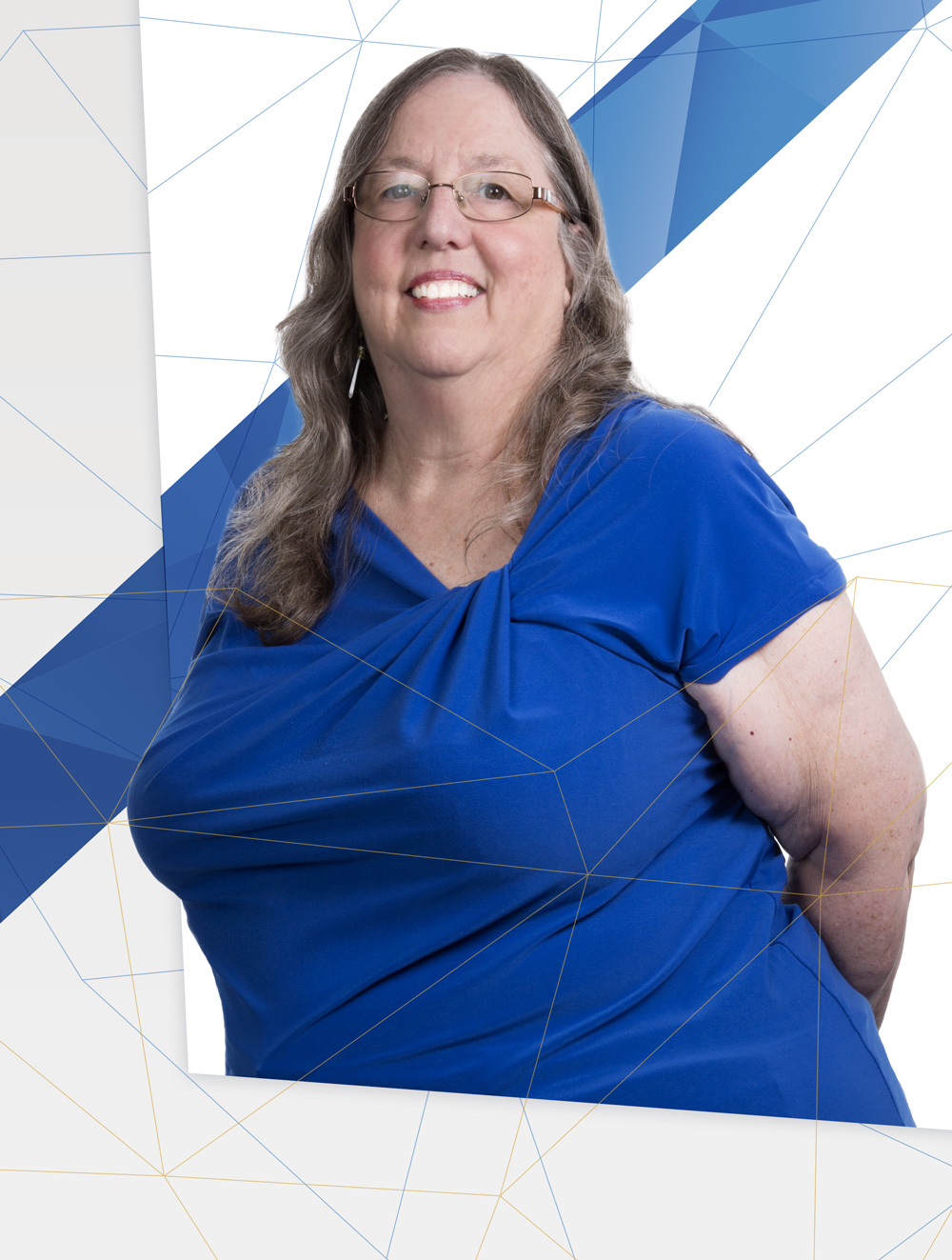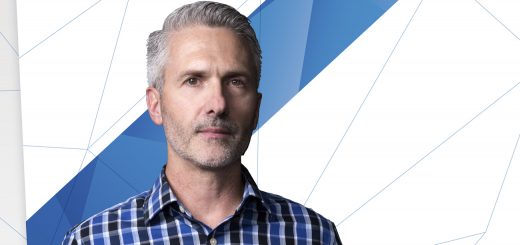Alumni Healthcare Leaders: Sherri Sager
The nation’s complex and hotly debated healthcare system affects us all. Washington Square wanted to hear from alumni insiders who are shaping the industry—from hospitals and biotech companies to medical devices and research and development.
Here is our full conversation with Sherri Sager, ‘83 MA Public Administration, chief government relations officer at Lucile Packard Children’s Hospital. Read Q&As with all 10 alumni healthcare leaders.
What inspired you to work in healthcare?
I get to be an advocate for kids’ health issues. From my perspective, it’s an ideal pairing of doing the right thing for kids and young people, and my knowledge of how government operates and making it work for kids. We’re really focused on kids who have complex conditions. Their parents are so wrapped up in ensuring that their kids’ healthcare needs are being met that they often don’t have time to be advocates with policy-makers. And so that’s the role I get to take.
What do you do to address major patient needs?
Part of what I do is education. I work with our staff to determine what needs to be done. Are there things that can be done? Do we just need education? Or do we need to have laws changed? Do we need to advocate for additional funding? I spend a lot of time learning and then educating others.
What is the biggest challenge with U.S. healthcare today?
I’m going to focus it on kids. When most people talk about healthcare and funding, they’re really focusing on the adult market, because as we age, we tend to have more and more ailments. The good news is that most kids are healthy. The issue is that when children get sick, they can get very sick very quickly, and there’s not enough money for research of pediatric diseases.
What does the healthcare industry need most from academic partners who are training the next generation of innovators?
We need more workers: more nurses, techs, respiratory therapists, physical therapists and social workers. We just need more staff. We also need more pediatricians and more pediatric specialists. Now a lot of our nurses and our physicians are in their late 40s, 50s, 60s, and are thinking about retirement.
What skills do you look for when hiring new talent?
If we’re talking about patient-care staff, then having them be pediatric-trained is a plus. Otherwise, we need to train them in pediatrics before they can go out and actually take care of patients, even if they have lots of experience with adults. Kids are not just small adults—they need to be cared for a different way.
How did SJSU prepare you for your current role?
One, understanding how the public sector works, and public-sector budgeting. We all have to be cost-conscious. How do you leverage those resources? We need to understand how systems work, how government works, and where we can create partnerships.
What should everyone know about healthcare?
Healthcare is complicated. Trying to learn how to navigate a system when you’re not feeling well or somebody in your family is sick is so difficult, because it’s not easy even when you’re not distracted. It’s important to learn about and understand healthcare before you need it.
What advice would you give patients navigating the healthcare system?
Ask questions. Most providers will gladly answer your questions. Don’t be intimidated. It’s your health, and you have to be an active participant in your healthcare at all times.
What is your one message for your fellow alumni?
Find your passion. Do a job that’s going to fill you with passion and joy, because in every job, no matter how much you love it, there’s going to be some tough days.
The prize at the end of the day doesn’t go to the person who knows the most; it goes to the person who knows people who know the answers. You don’t have to have all the answers yourself. You just need to know how to find the answers.

“It’s important to learn about and understand healthcare before you need it.”



